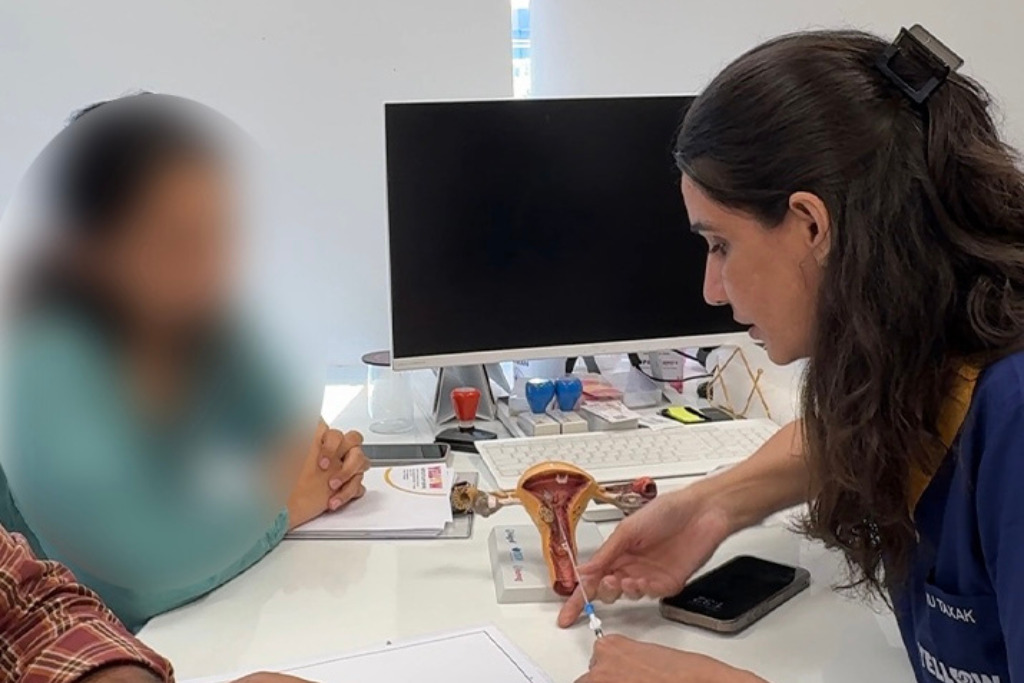Because your heart’s biggest dream deserves clarity, courage and care.
Have you ever closed your eyes and thought about holding a baby, your baby, but life just keeps putting up roadblocks? Maybe it’s infertility, or maybe it’s a health condition. Whatever brought you here, we know it’s nerve-wracking when you are at the crossroads of wanting a baby and being unable to conceive naturally, but we want to start by saying: that you are not alone. The surrogacy process is an incredible way for couples to start their journey to parenthood when they cannot conceive naturally, and today, we are going to talk about it. Yes, it can be confusing at first, but it’s also beautiful, empowering, and filled with love. So, let’s take a deep breath together and walk through the surrogacy procedure, step by step, from that very first match all the way to the moment you hold your baby in your arms.
Step 1: Making the Decision and Choosing a Best Surrogacy Centre
This is where your story begins:
- First, ask yourself: Am I ready for the emotional, legal, and financial aspects of the surrogacy treatment?
- Then, start searching for registered ART clinics or fertility centers approved under Indian law — especially those certified for advanced treatments like surrogacy.
- Ensure that the clinic aligns with your values and makes you feel supported, not just informed.
Step 2: Medical and Psychological Screening
Now, it’s time to make sure everyone’s ready- mind, body, and soul.
- The surrogate will undergo different medical tests to ensure she is healthy and can safely carry a pregnancy.
- Besides, both you and your surrogate can also opt for psychological evaluations to prepare for the journey ahead.
It’s not just about the “can” but also about the “why” and “how,” and that makes all the difference.

Step 3: Legal Contracts and Safeguards
There’s no denying that love makes a family, but clear legal contracts protect it.
- Each party (you and your surrogate) will have separate attorneys to avoid any conflict of interest.
- Contracts will cover everything: medical compensation, parental rights, medical decisions, and more.
- Once signed, these agreements ensure everyone is on the same page.
Yes, it’s normal to feel nervous during this stage. But remember, legal clarity invariably and implicitly means emotional security.
Step 4: Embryo Transfer and Pregnancy
Once the initial steps are complete, it’s time to move forward with the medical process at the trusted and well-equipped fertility clinic.
- Parents can create embryos via IVF using their own or donor eggs/ sperm.
- The embryo is then transferred to the surrogate in the fertility clinic.
- Usually after this, a two-week wait follows, and then the surrogate has to take a pregnancy test.
When the test comes positive, from there, the pregnancy progresses like a normal pregnancy, except you won’t be carrying the child, the surrogate will be and you will be supporting her and staying connected.
Conclusion
You might not be the one carrying the baby, but you are absolutely part of this experience. Attend doctor appointments together, and create a birth plan in advance, outlining who will be in the delivery room, and how things will unfold. And when your baby is born, you will finally get to hold them and embark on the path to parenthood.
If you are ready to take that first step, or even if you just have questions regarding surrogacy, feel free to reach out to our team at Yellow IVF today!




